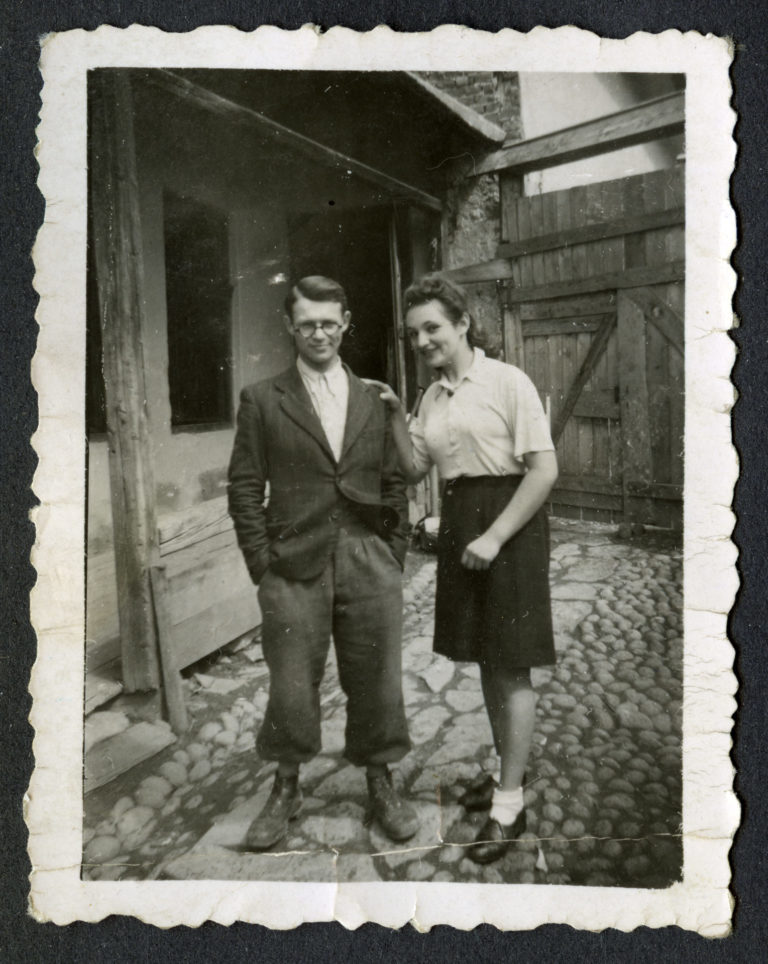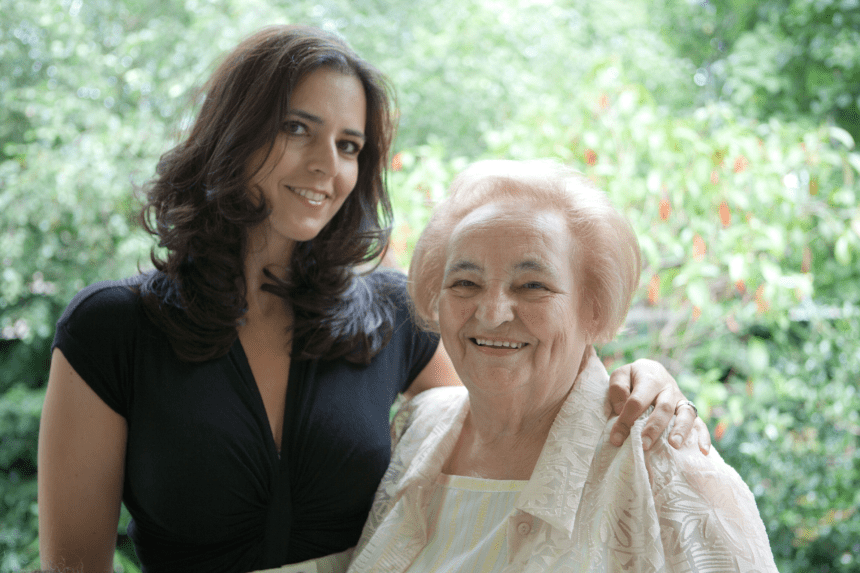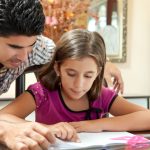Melbourne journalist and author Rachelle Unreich told EducationDaily that she hopes her recent book about her Holocaust survivor mother’s life, A Brilliant Life, helps enrich the documented Holocaust history taught to Australian school students as part of the Australian Curriculum.
“The answer is in education and knowledge. It makes it harder to put people in the box of ‘different’ and therefore undesirable; it is also important to learn from the lessons of history so that it is not repeated.”
Ms Unreich says her mother Mira was a highly unusual Holocaust survivor in that “she witnessed many historical events” first-hand.
“She met three escapees from two death camps – Treblinka and Auschwitz. She saw the hanging of resistance leader Rosa Robota in Auschwitz. She came face-to-face with the monstrous Dr Mengele. And she survived four concentration camps, including Auschwitz – entering the first when she was just 17 – and a death march.”

Celebrating strength, resilience – and an unwavering ability to find joy
“The Holocaust wiped out one-third of Europe’s Jewish community – 6 million Jewish people- with Hitler’s murderous agenda to free the world of Jews. But it didn’t begin with monsters doing terrible things. It started with antisemitic slurs and stereotypes of Jewish people being perpetuated, with a hatred that was allowed to fester, and bystanders watching on,” Ms Unreich says.
By writing her mother’s experiences during WWII, she says she wants readers “to remember this history so no one could ever deny it happened, but I also hope they take note of how she lived afterwards: not only displaying strength and resilience, but joy, too”.
“I learned so much from her life lessons, and I think she could guide others with her wisdom and her dedication to living a happy and purposeful life,” Ms Unreich told EducationDaily.
As a young girl, Mira was forced to abandon her dreams – and her education. Because she was Jewish, she stopped school at the age of 13 and then spent her teenage years in four concentration camps, where she saw her mother murdered. Once she was liberated when WWII ended, at the age of 18, she married and moved to Prague, Antwerp, Milan and later Paris. Thirteen years later, Mira migrated to Melbourne with her young family, married for a second time, and had her fourth child, Rachelle.
Although Ms Unreich says she was aware of the basics of her mother’s Holocaust history, being a journalist helped her process the many horrors of her mother’s life she explored in more gruelling detail through the process of stitching the traumatic events of her family’s past together.
“I knew how to research and managed to find much material, including deportation lists to camps, descendants of people who grew up with my mother, archived testimonies of some individuals I’d written about,” she says.
“As a daughter, I was trying to explore this puzzle of my mother Mira. How had she retained her buoyancy? What helped her survive? I thought I was uncovering who she was, but because it forced me to reflect on the way I was raised and the values with which I was brought up, I ended up uncovering pieces of myself, too.”

Ms Unreich interviewed her mother Mira during her final stages of terminal cancer – painstakingly documenting memories of pre-war life, as well as the life she was forced to endure during WWII.
There are dark moments but, despite the undeniable brutality her mother witnessed and experienced, Ms Unreich wants people to see the sunny side of her mother’s personality – and her ability to love and be loved by the people she met throughout her long life.
“As I get older, I appreciate even more what a joyous mother she was,” Ms Unreich says.
“There was a time she was ready to die, because she was so weak and ill, but she never gave up. It was a choice, and she chose to have faith and look forward.”
Survival stories of facing death hold valuable lessons for educators and students
One of the most important lessons her mother taught her, Ms Unreich told EducationDaily, flows from a regular saying her mother lived by:
‘Help yourself and God will help you.’
“It doesn’t really have anything to do with religious beliefs: it was a saying that meant, don’t wait to be rescued. Save yourself, in life. Be proactive when you face a challenge, and from that positive things will follow,” Ms Unreich says.
For educators teaching Australian school students about the Holocaust, she says there are many valuable lessons that should not be forgotten.
“Ordinary people can do evil things, but individuals can prevent them. One person might feel helpless in the face of an opposing majority, but they can make a huge difference to the collective good. Be an upstander, not a bystander.”








